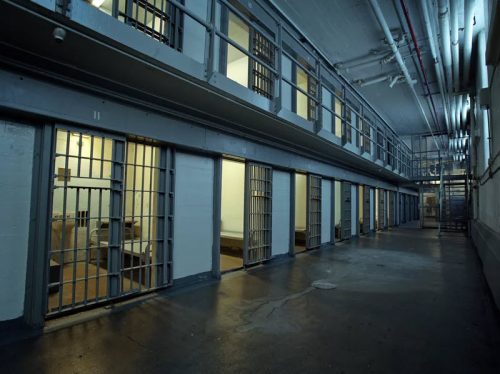

By Daniella Espinoza
WASHINGTON, D.C – In an attempt to press the newly appointed director of Federal Bureau of Prisons Colette Peters to change current federal prison conditions, more than 50 organizations have sent a letter to her, asking for help.
Following her first month after being officially sworn into office Congress heard testimony highlighting the abusive and “rapidly deteriorating conditions” within federal prisons.
One explanation at the hearings is staff shortages – which existed pre-pandemic – and have severely compromised the safety of those within the prisons.
The letter noted there is a “lack of clean water, kitchens infested with rats and cockroaches, severely rationed and delayed access to medical and dental care, and near-endless waitlists to access rehabilitative programming.”
In spite of these grueling conditions, the federal bureau continues to deny compassionate release of those enduring such environments, said prison reformers.
According to the Sentencing Project, this only shows how the bureau “persistently failed to comply with the First Step Act, and is rife with corruption and misconduct.”

In their letter, advocates, faith based groups, and formerly incarcerated people have pointed out the inhumane conditions of federal prisons, urging Peters to “bring BOP into compliance with federal law, and meet with formerly and currently incarcerated people.”
One letter signatory, William Underwood said, “I’ve experienced the dangerous and inhumane conditions in federal prisons. Understaffing is no excuse for cruelty, especially when Director Peters has the power to address overcrowding and protect the most vulnerable with compassionate release. There are many more people like me in federal prisons – and many who are older and sicker – who deserve to return to their loved ones.”
To name a few of the demands by the signatories of the letter, Director Peter is urged to:
Within her first 90 days in office, meet with groups of stakeholders including formerly incarcerated people, their families, and advocacy groups;
Within her first six months in office, visit at least six prisons at every security level and meet individually with incarcerated people;
Address overpopulation and dangerous conditions by increasing grants of compassionate release, especially for elderly and medically vulnerable individuals;
Ensure compliance with the First Step Act by providing adequate programming and ending the practice of “augmentation”;
Correct unsanitary and inhumane conditions and dramatically increase access to medical, dental, and mental health care.





